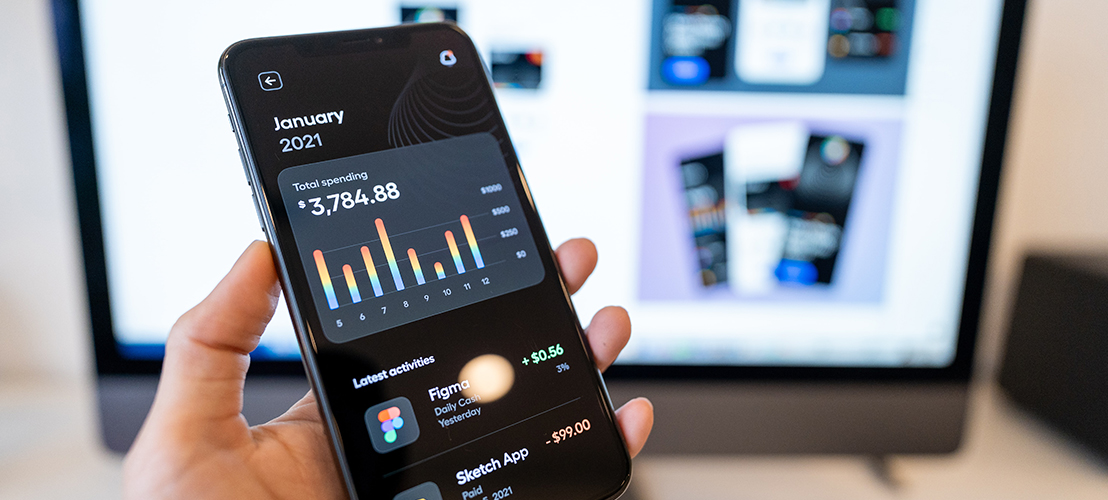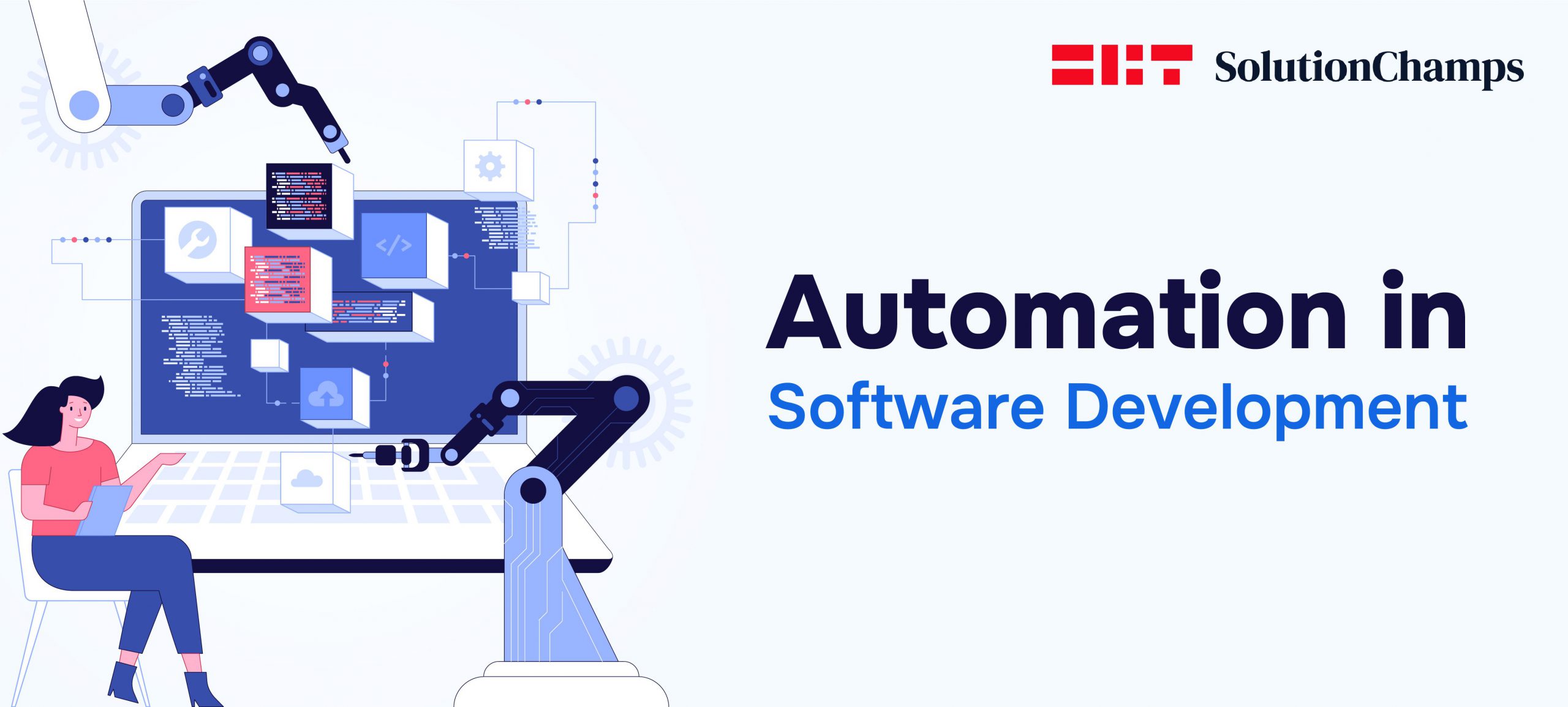Introduction
In the dynamic landscape of the medical world, innovation knows no bounds. As we step into 2023, we begin to experience a new level of tech advancement in every domain. From innovations to personalized treatment, the future of medicine holds immense progress. Let us explore the top technology trends shaping a brighter future for all.
Healthcare Trends in 2023
Who would have imagined healthcare advancement once a challenge could today become a reality? To stay ahead of the competition, one should be updated about breakthroughs. Before knowing about top trends, let us have a look at their impact:
Improved healthcare access
Accessing healthcare to all is one most common barriers. Delayed treatments are due to high price, and distance. Telemedicine enables patients to receive treatments in the comfort of their homes.
Workflow optimization
Tedious paperwork and long wait times are the reasons for failure in timely and coordinated care. Workflow optimization streamlines paperwork and ensures smooth department transitions. Instant patient information access improves decision-making and team coordination in healthcare.
Better diagnosis & treatment
Diagnosis is bettered in every way – from accuracy to accessibility. With access to advanced tools, diagnosis and treatment of an illness are more efficient. For instance, physicians provide accurate health results by using wearable technology.
Patient engagement
Prior to advancement, patients have to rely on healthcare experts for guidance. Communication relied on an in-person visit resulting in a communication gap. Technology allows for secured messaging, virtual consultations, and electronic health records. Patients may monitor their health, obtain personalized medical information, plan appointments, and receive health reminders through online health portals, smartphone applications, and wearable devices. This enhanced involvement promotes patient education, self-management, and treatment plan adherence.
By embracing the following trends, healthcare organizations can stay ahead of the curve with better healthcare and profits.
Artificial intelligence
Staffing shortage is a prime concern in the healthcare sector. AI bridges the gap between staffing shortages and automates tedious tasks. Tasks like data entry and documentation are automated. AI frees healthcare personnel’s time to focus on more critical aspects of patient care by easing their duties.
AI promptly delivers a complete patient history to doctors. AI-based remote monitoring devices analyze the presented data and alert in case of any abnormalities. AI-driven chatbots can diagnose health issues quickly. Automating routine tasks – appointment schedules, and other administrative tasks. Chatbots significantly reduce organizational costs. Even while handling multiple conversations, they ensure consistent information delivery. Other AI solutions include – digital consultation, healthcare system analysis, and helping therapy.
Remote patient monitoring
RPM addresses limited healthcare access for remote individuals by providing monitoring, counseling, and assistance without in-person visits. Home health monitoring reduces unnecessary medical visits, saving money. RPM monitors health data, enabling timely intervention and care. It detects early signs, enables proactive interventions, reduces complications, and improves patient outcomes.
RPM makes use of specialized IoT devices, and apps connected to these devices are used to collect data. These alert doctors immediately in case of abnormalities. This helps to reduce the strain on healthcare resources. Look for the best cloud-based AI services, as they can deliver extra value.
Internet of medical things
Managing and accessing large volumes of data in any industry is a challenge. A centralized platform for data integration, storage, and analysis is the best solution. It can promote efficient data management, supporting data-driven decisions. With less or no human interaction, IoMT can provide healthcare services. People can gain real-time data access with the help of trackers. Doctors, for their part, receive notifications and participate in patients’ care. This new technology generates a wealth of data, including sleep patterns, eating habits, average activity levels, and much more.
Robotics process automation
Managing multiple accounts of the same patient during settlement is challenging. Manual calculations are prone to errors, making it a tedious task. Healthcare workflow involves numerous processes – patient details, inventory management, and much more. Healthcare providers must source miscellaneous data from dispersed technology systems to receive reimbursement from insurance companies.
RPA manages accounts in one location, allowing quick calculations with just a few clicks. RPA simplifies the healthcare insurance claim process. Automation ensures that the process is done promptly and that needed compliance is satisfied.
Blockchain technology
Unauthorized access is still a concern in any domain. Information stored within the database needs to be protected. Blockchain is a game changer, making the transaction completely transparent. Transactions are shared only with authorized networks, making them safe and secure. Blockchain streamlines and improves the efficiency of medical research. It enables the secure sharing of anonymized patient data for research purposes while protecting patient privacy.
Cognitive automation
Cutting-edge technology that combines AI, ML, and RPA to streamline efficiency. Cognitive Automation solutions are beginning to make their presence known in hospitals. They can boost accuracy, and patient care, and minimize human error. Hospitals may free up one of their most valuable resources, human capital, by implementing these techniques. Find the top cloud-based AI services with SolutionChamps.
Conclusion
In 2023, innovations revolutionized medical diagnosis, treatment, and management, transforming diagnostic, and management methods.
Firstly, technology optimizes workflows, increasing efficiency and productivity. Secondly, technology improves patient engagement, and loyalty in healthcare through interactive platforms. Additionally, technology helps healthcare companies overcome staffing shortages. Moreover, technology facilitates data-driven decisions contributing to overall healthcare companies’ growth.
Focused on catching the best tech trends for your organization? Our team of specialists is prepared to assist you in each stage of the process.
 HealthCare
Contact Us
HealthCare
Contact Us
 HealthCare
Contact Us
HealthCare
Contact Us




